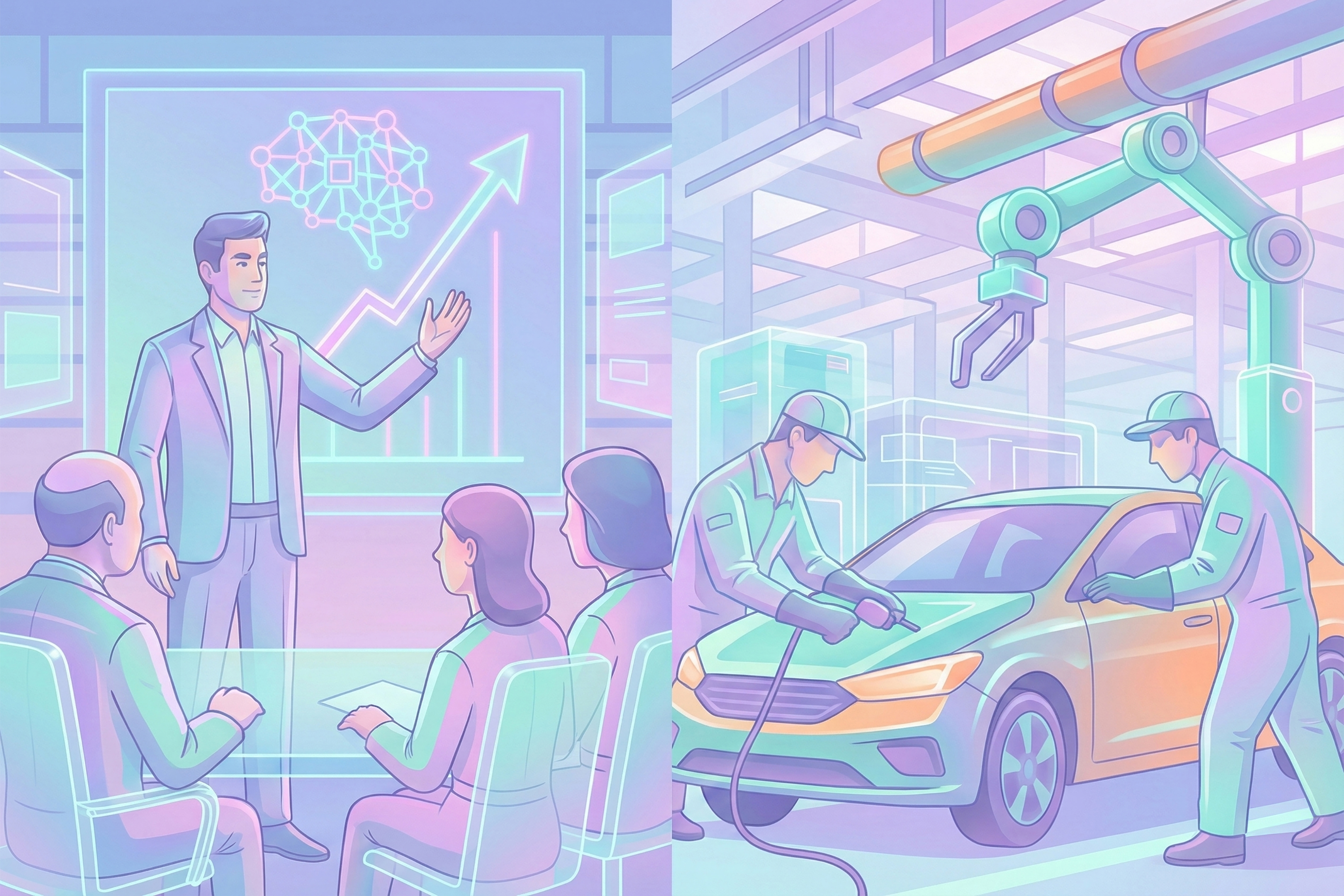
This week, the Financial Times reported that startups such as Coorpacademy and Skillsoft are increasingly offering online education courses to large firms like L’Oreal, Nespresso and Groupe Auchan. By doing so, these learning platforms are breaking into the global corporate education sector, with online education as an alternative to traditional education offered by business schools. Predictions are that by 2022, a quarter of all workers will use at least one consumer HR app for development. Startups that offer online education on the business market are aiming for a “Netflix approach”, offering open access to numerous courses on demand.
The advantages of online education are the significantly lower costs, scalability, a diverse palette of supplementary training in one platform and less time-consuming programs. Auchan, for example, was able to train 260,000 of their employees worldwide within months, in contrast to four years, had they chosen the traditional classroom approach. After higher education and the tutor market for primary and secondary schools, the corporate education sector is the last to catch on to the rise of online education. However, it might be the biggest opportunity for online education to flourish. This is because the other markets have to deal with far more complicated pedagogical standards and government regulations.
Learning platforms aiming for the corporate education sector often provide hundreds of courses which are not strictly meant for improving work-related skills such as organization-, communication- or negotiation skills. Courses that aim for personal development are on the menu as well, such as mindfulness, time management or language courses. By entering through work, these startups have the opportunity to gain access to the personal lives of many.


